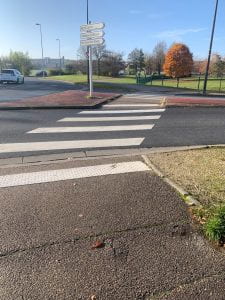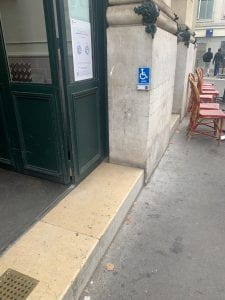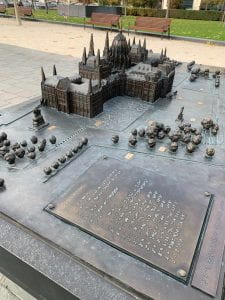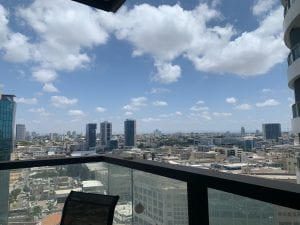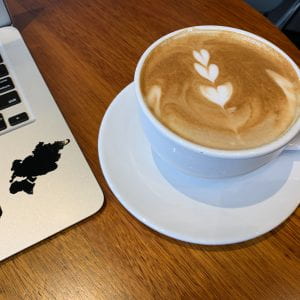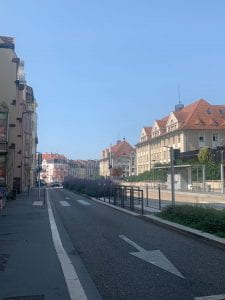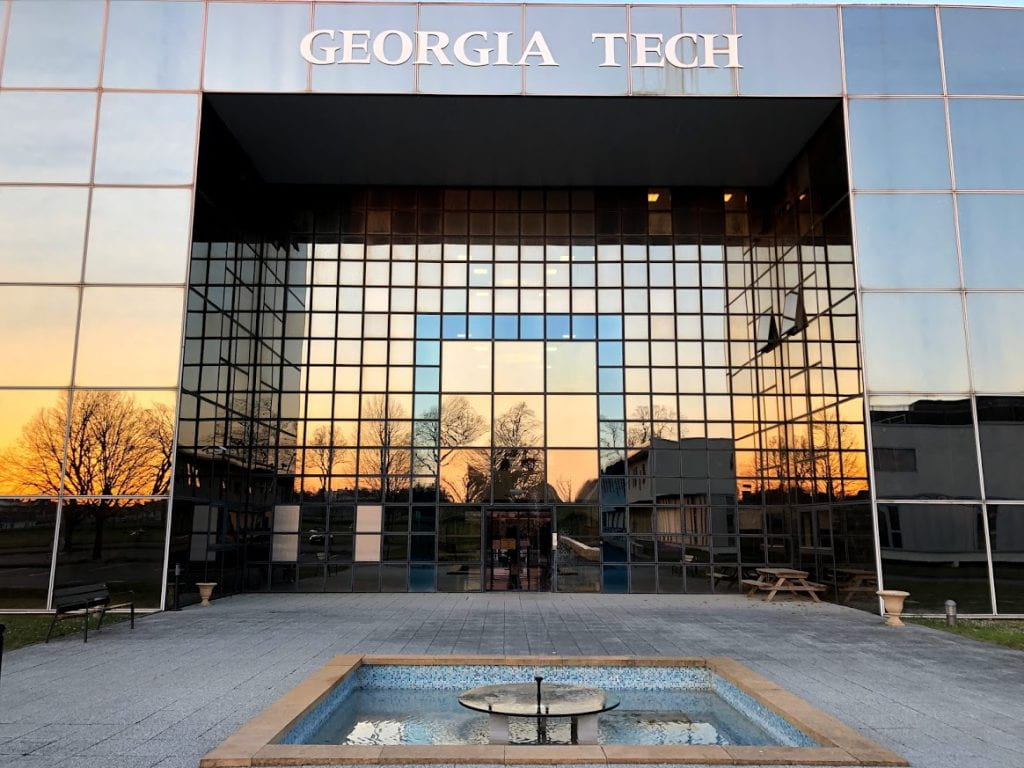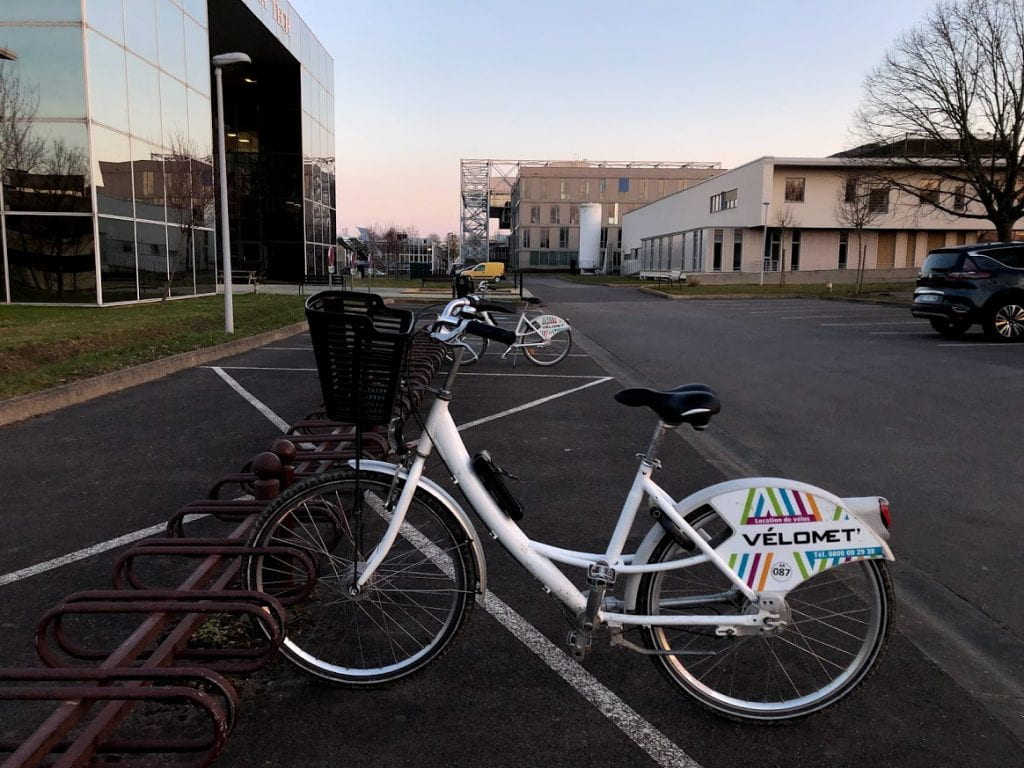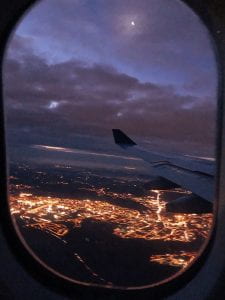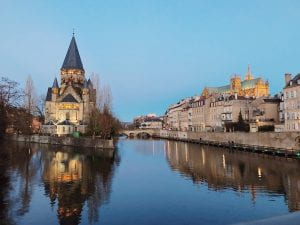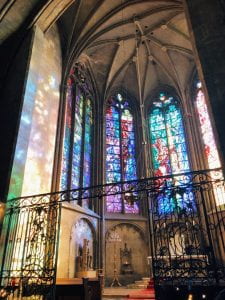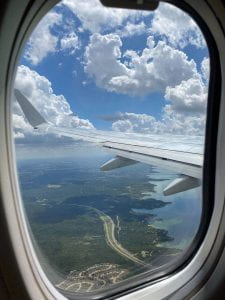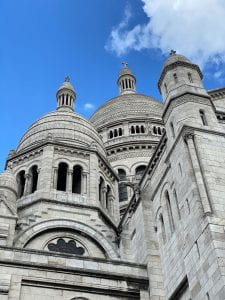Written by Cate McCoy
There’s a common stereotype that classes are easier abroad. Since my time here in Metz, I’ve learned that—in my case, at least—the opposite is true. I don’t think it’s necessarily the classes themselves, though the curriculum in my major-required courses has been tough. Rather, I think the most challenging part of classes abroad is managing your time.
In Atlanta, I tend to use the weekends to catch up or get ahead on schoolwork. While spending my Sundays in the library isn’t overly relaxing, I end up having more free time during the week, which I use to read, climb, or sleep. But while abroad, the weekends are my only time to travel and thus provide little time for schoolwork. I’ve had to make big adjustments to my routine to allow enough time for my assignments, and even then, I’ve had a hard time keeping up with everything. While I’m still figuring out what does and doesn’t work for me, I’ve learned a few things that have helped me with studying while abroad.
Just like in Atlanta, I’ve found that it’s super important to separate my study space from my living space. While I always try to convince myself that I can be productive in my room, that tends to rarely be true. Instead, I find that I’m most focused outside of my room, where I’m not tempted to lay in bed and read my book or take a nap. On campus, my favorite spot to do schoolwork is in the quiet study room on the second floor of the GTE building; I like the natural lighting and the fact that I won’t get hit with a ping-pong ball, which can sometimes be the case in the first-floor lounge. When I do choose to sit in the lounge, it’s in the mornings—not only is it a bit quieter then, but I can also enjoy the croissants and coffees that are provided!

My other favorite place to study is a café called Fox in downtown Metz. It’s a favorite of GTE students, and you’ll often run into some peers there. The décor is super cute and cozy, and their drinks and baked goods are perfect study treats—my go-to is a golden chai latte. By turning my study session into a day-trip, I’m able to be more intentional with my time and can better focus.

While the weekends usually provide little to no time for schoolwork, the train rides are an aspect of traveling that can be spent productively. It helps to consolidate my study materials—I simply pack my laptop, one notebook, and one folder with only the notes and papers I need for any current assignments. This makes it easy to work on the train without papers spilling everywhere while trying to find the right notebook. Another benefit of working while on the train is that the rest of my group is usually working too; in this way, we can hold each other accountable and maintain a productive environment.

Overall, I’ve had to put in effort to make good use of my time. While it hasn’t been easy, I think that the skills I learn here will allow me to better manage my time when I’m back in Atlanta!

